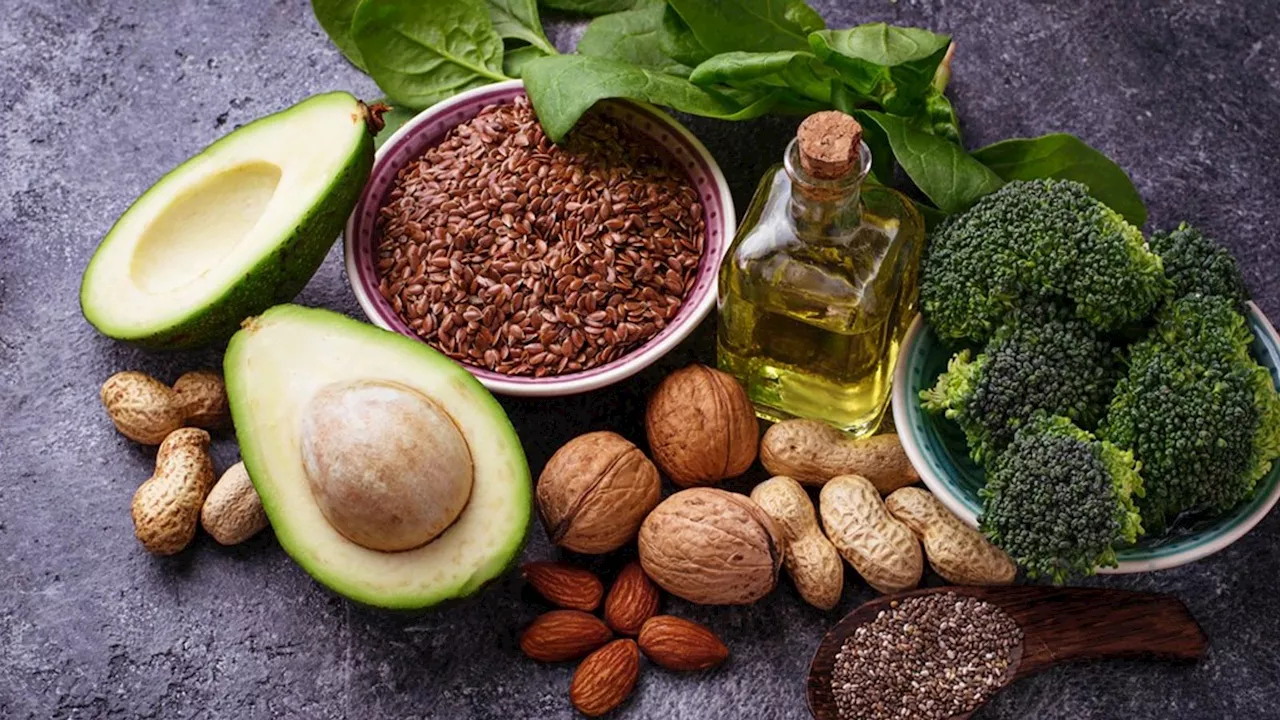A new report by the Food Foundation reveals a concerning trend: healthy food prices are increasing at twice the rate of less nutritious options in the UK. This disparity disproportionately affects low-income households, who struggle to afford a healthy diet. The report also highlights the prevalence of unhealthy food marketing and the dominance of fast-food outlets, contributing to poor dietary choices among children and adults.
The cost of healthy food in the UK has surged at twice the rate of less nutritious options in the past two years, according to a recent study conducted by the Food Foundation. Their annual Broken Plate report reveals a stark reality: food lower in fat, salt, and sugar now costs more than twice as much per calorie compared to its less healthy counterparts.
This financial burden disproportionately affects the most deprived fifth of the population, who would need to allocate a staggering 45 percent of their disposable income to afford a diet aligned with government recommendations. For households with children, this figure climbs to a concerning 70 percent. While this percentage represents a slight decrease from the peak of the cost-of-living crisis in 2021-2022, when the most deprived households were forced to spend 50 percent of their income on food, it remains significantly higher than last year's 43 percent, as reported by BristolLive.The study further exposes a worrying trend: over a third (37%) of supermarket promotions on food and non-alcoholic drinks target unhealthy products. Meanwhile, fast-food outlets dominate the landscape, comprising a quarter (26%) of all food retailers in England, a figure that escalates to nearly one in three in the most disadvantaged areas. Advertising trends exacerbate this imbalance, with over a third (36%) of food and soft drink marketing expenditure directed towards confectionery, snacks, desserts, and sugary drinks, while a meager two percent is allocated to promoting fruits and vegetables. The consequences of this unhealthy food environment are dire. Children across all income levels are consuming significantly more unhealthy food than recommended for good health. However, the impact is disproportionately felt in lower-income households. Children in the most deprived fifth of the population are almost twice as likely to be living with obesity by their first year of school compared to those in the least deprived fifth.Moreover, the disparities extend to chronic health conditions. People from deprived backgrounds are significantly more affected by type 2 diabetes, with those in the most disadvantaged fifth of the population nearly three times more likely to undergo a lower-limb amputation than those in the least deprived group in 2022. The ramifications of this unequal access to healthy food are evident in the oral health of children as well. By their final year of primary school, children in the most deprived areas are more than twice as likely to suffer from tooth decay in their adult teeth (23%) compared to just 10% in the least deprived areas. Anna Taylor, executive director of the Food Foundation, emphasizes the urgency of addressing this crisis. 'The Broken Plate report sadly shows that our food system is failing to provide large swathes of the population with the basic nutrition needed for them to stay healthy and thrive. There is a tragic imbalance in the UK between the food that is marketed, available and affordable, and foods that are healthy and sustainable. 'Often it is the most vulnerable children in our society who suffer the worst consequences of this. Not only can lack of nutrition lead to serious health conditions, it can also lead to children being unable to concentrate in school and have lasting negative impact on mental health, entrenching inequalities from a young age. 'The Government has recently announced that it has started working on a National Food Strategy. We hope that this will be seized as an opportunity to tackle these inequalities through cross departmental working, with acknowledgment that key changes to the food system can help to achieve Labour’s missions, from economic growth, to breaking down barriers to opportunity to relieving pressure on the NHS.” Henry Dimbleby, the former government food tsar and author of the last National Food Strategy, underscores the critical need for action. 'This report couldn’t come at a more critical moment. As the government rolls out its new food strategy, addressing the incentives that drive the sale and aggressive marketing of unhealthy foods must be a top priority. The human and economic toll is too great to ignore any longer.
HEALTHY FOOD PRICES UK FOOD FOUNDATION BROKEN PLATE REPORT COST OF LIVING CRISIS UNHEALTHY FOOD DIABETES OBESITY FOOD MARKETING
United Kingdom Latest News, United Kingdom Headlines
Similar News:You can also read news stories similar to this one that we have collected from other news sources.
 Healthy food prices rise twice as fast as junk food, study findsOver a third of supermarket promotions on food and non-alcoholic drinks are for unhealthy products
Healthy food prices rise twice as fast as junk food, study findsOver a third of supermarket promotions on food and non-alcoholic drinks are for unhealthy products
Read more »
 UK's Poorest Face High Cost of Healthy DietA new report reveals that the poorest fifth of the UK population must spend almost half their disposable income to afford a government-recommended healthy diet. The report also warns that healthier food is rising in price at twice the rate of less healthy options, creating a significant financial barrier for those already struggling.
UK's Poorest Face High Cost of Healthy DietA new report reveals that the poorest fifth of the UK population must spend almost half their disposable income to afford a government-recommended healthy diet. The report also warns that healthier food is rising in price at twice the rate of less healthy options, creating a significant financial barrier for those already struggling.
Read more »
 Not All Vegan Food Is Healthy: Expert WarnsSwitching to a plant-based diet can offer cardiovascular benefits, but nutrition expert Kyle Crowley cautions against assuming all vegan food is healthy. He explains that many processed vegan products can be high in sugar, salt, and unhealthy fats.
Not All Vegan Food Is Healthy: Expert WarnsSwitching to a plant-based diet can offer cardiovascular benefits, but nutrition expert Kyle Crowley cautions against assuming all vegan food is healthy. He explains that many processed vegan products can be high in sugar, salt, and unhealthy fats.
Read more »
 How to get your comfort food fix while staying healthy, according to a nutritionistIt’s prime comfort food season – but also the time of year when many of us are trying to focus on our health. Here’s how to strike the balance, according to a nutritionist (who also happens to be a carb lover).
How to get your comfort food fix while staying healthy, according to a nutritionistIt’s prime comfort food season – but also the time of year when many of us are trying to focus on our health. Here’s how to strike the balance, according to a nutritionist (who also happens to be a carb lover).
Read more »
 UK Households Could Receive Food and Fuel Cost HelpThe UK government has allocated £421 million to councils to help households struggling with food and fuel costs. Single-person households can receive up to £100 for food and/or £49 for fuel, while couples and households with children can receive up to £200 for food and/or £98 for fuel. Those eligible should contact their local council for more information and to apply for assistance.
UK Households Could Receive Food and Fuel Cost HelpThe UK government has allocated £421 million to councils to help households struggling with food and fuel costs. Single-person households can receive up to £100 for food and/or £49 for fuel, while couples and households with children can receive up to £200 for food and/or £98 for fuel. Those eligible should contact their local council for more information and to apply for assistance.
Read more »
 Food Prices Set to Rise as Retailers Face £7 Billion Cost IncreaseThe British Retail Consortium (BRC) warns of rising food prices in the latter half of 2023 due to increased costs from the recent Budget, including higher National Insurance and National Living Wage. The BRC predicts a 4.2% increase in food prices and a return to inflation for non-food items.
Food Prices Set to Rise as Retailers Face £7 Billion Cost IncreaseThe British Retail Consortium (BRC) warns of rising food prices in the latter half of 2023 due to increased costs from the recent Budget, including higher National Insurance and National Living Wage. The BRC predicts a 4.2% increase in food prices and a return to inflation for non-food items.
Read more »
